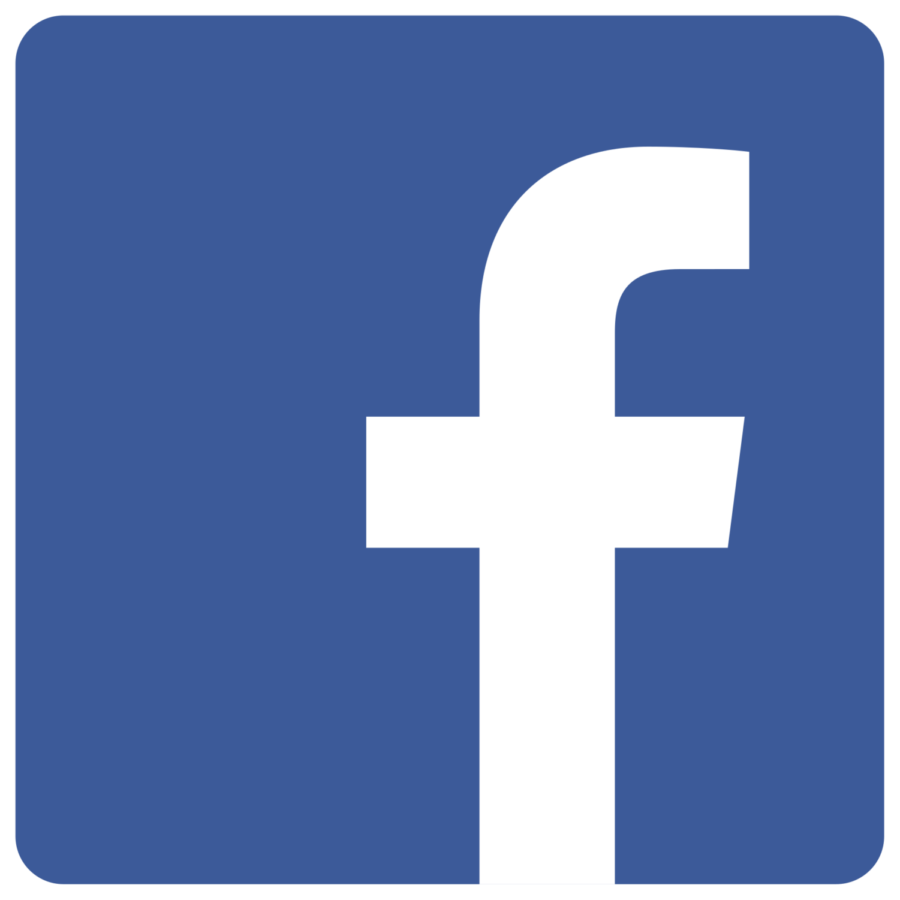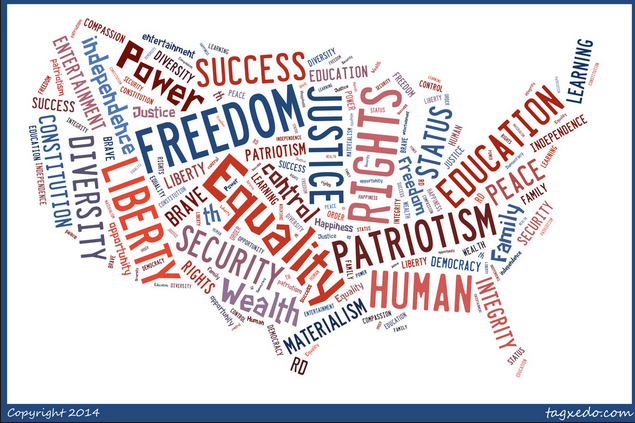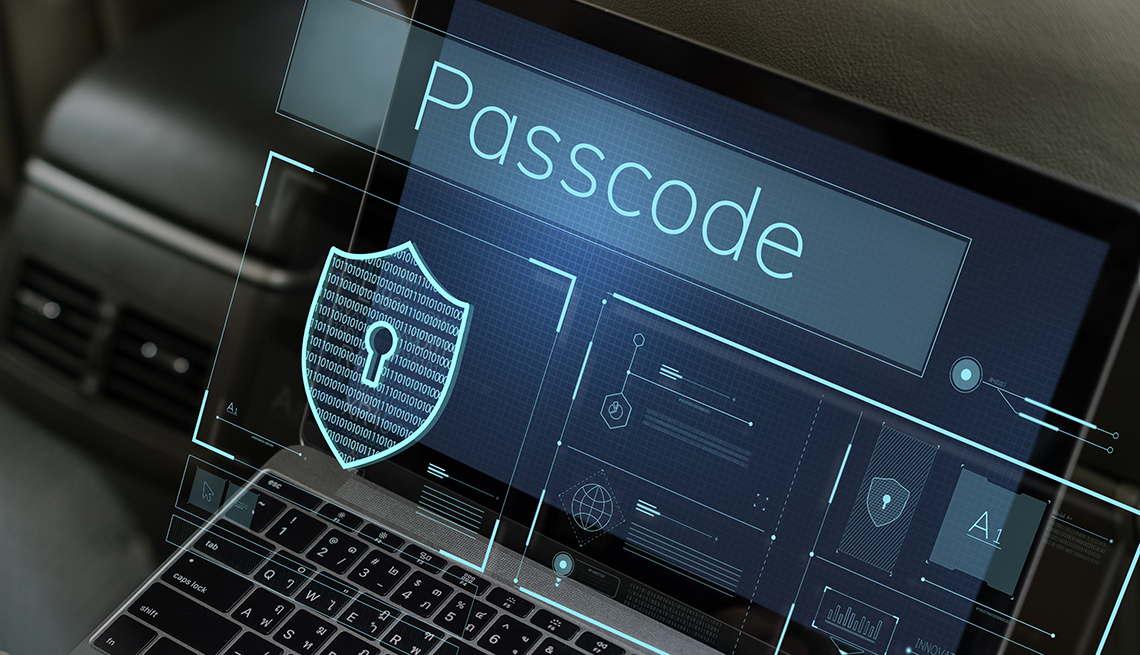Facebook
Facebook was created on February 4, 2004 by Mark Zuckerberg, Dustin Moskovitz, Chris Hughes, Eduardo Saverin. Zuckerberg wanted to create an application and website where people could post pictures and messages that their friends could see and eventually like. Within the first 10 months Facebook had already reached one million active users. With the rollout of new features and more accessibility through the mobile app along with other applications such as Instagram and Whatsapp. User numbers continued to grow with over two billion people people using Facebook every month in June, 2017. Whatsapp reached over one billion users in July, 2017. Instagram had over one billion users per month in June, 2018.Why did Facebook take off so quick? I believe Facebook has been doing really well is the product that they have created and the accessibility and features that they have make it a valuable product. I think many people became early adapters to the application because of what they can do with it. It was another way to share photos, videos, and post with friends and the public. It was another way of marketing to individuals and talk about events that are taking place near a specific person. With every upside however, there must be a down. Facebook currently has been under much fire for privacy concerns, censoring specific political media and pages for the 2016 and 2020 Presidential elections, along with the most recent concerns about Facebook's planned Cryptocurrency, Libra. As far as negative consequences go just like every big corporation there are always going to be individuals who are always questioning what you are doing and how you are doing it. I think Facebook has put out a great product that has allowed billions of people to now be connected to one another even on opposite sides of the world. Sure it has somethings that it can surely fix especially when it comes to privacy and the potential breaches of such.






